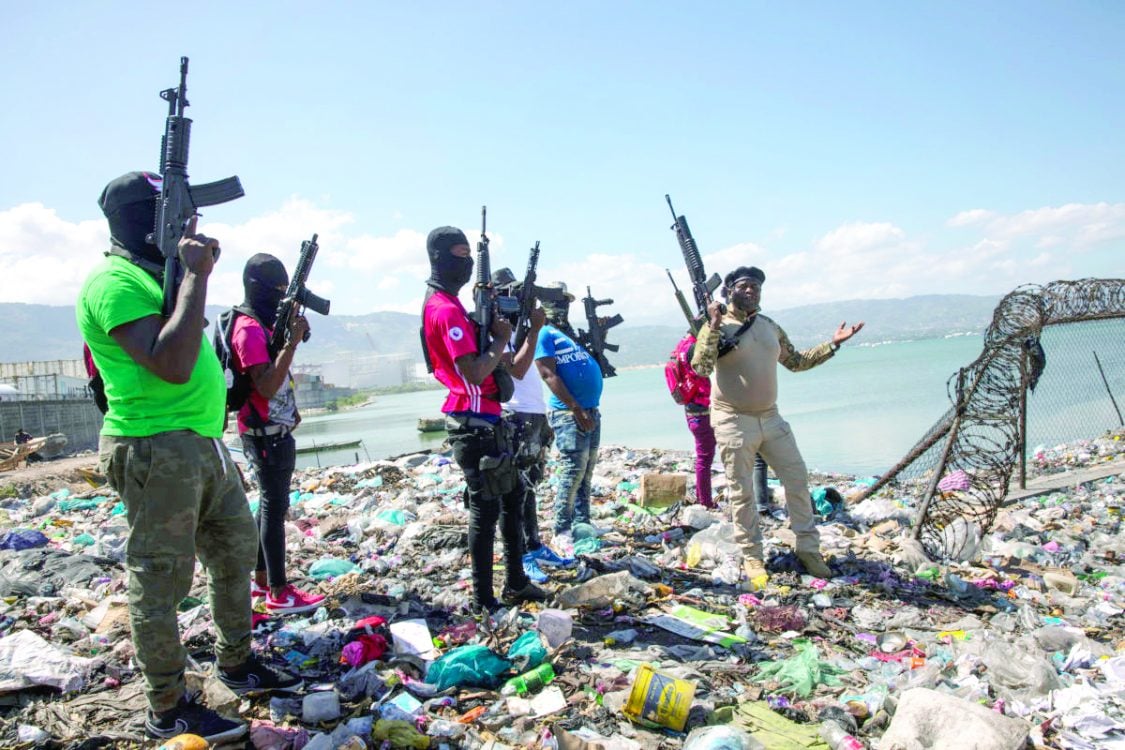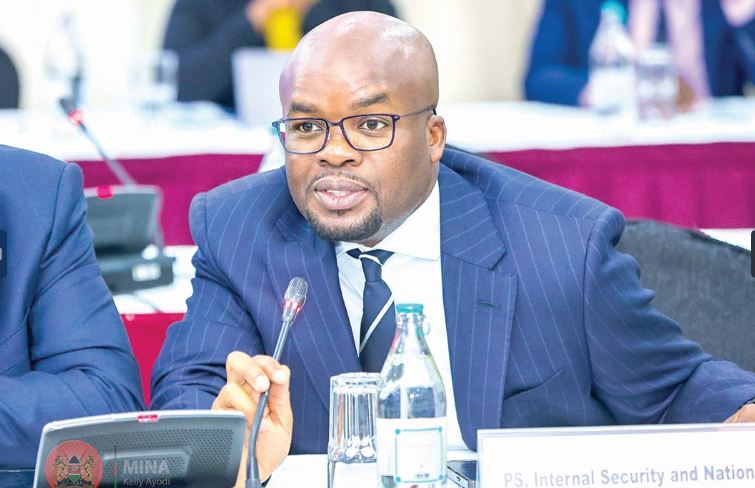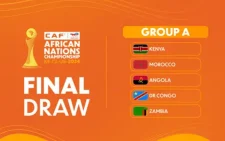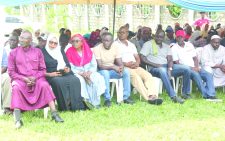UN top organ to approve Kenya’s mission in Haiti

The United Nations (UN) Security Council was last night expected to vote for the one-year deployment of a non-UN multinational force led by Kenya police officers to Haiti to combat gangs and restore security.
With the approval, Kenya will deploy its force to Haiti by January.
The officers will be drawn from specialised units within the General Service Unit (GSU) and the Administration Police Service (APS).
They include the AP’s Special Operations Group (SOG), the Rapid Deployment Unit (RDU), the Special Recce Team (SRT), the Special Weapons and Tactics (SWAT) team.
The council has also developed the framework for the mission, with a review after nine months.
The 15-members of the Council approved what is known as a Chapter VII provision of the UN Charter that authorises the use of force after all other measures to maintain international peace and security are exhausted, according to the UN.
In the voting system, according to Article 27 of the UN Charter, each member of the Security Council has one vote and the decisions of the Security Council on procedural matters is made by an affirmative vote of nine members.
According to the UN Charter, Article 23, the Security Council consists of 15 members, five of which are permanent members with veto powers.
The five include China, France, Russian Federation, United Kingdom of Great Britain and Northern Ireland and the US.
Under-resourced
There are also 10 non-permanent members, five of which are elected each year by the General Assembly for a two-year term. They are Albania, Brazil, Ecuador, Gabon, Ghana, Japan, Malta, Mozambique, Switzerland and United Arab Emirates.
The country is not war-torn, but killings, civil lawlessness, gang violence, drugs, kidnappings, looting, extortion and rape have been on the increase rendering the local understaffed and under-resourced police ineffective.
The first months of 2023 saw a steady increase in major crime trends and gang related incidents.
The force will not operate under a UN flag, but it is sponsored by the United States.
It is expected to assist Haiti’s understaffed and under-resourced police department, with only about 10,000 officers for the nation’s more than 11 million people. As a result, it is unable to fully contain the outbreak of violence and needs international support.
The military is also small and modestly equipped. The mission is compared to a peace enforcement and not peacekeeping where they will be allowed to use force. Under Chapter 7 of the UN Charter, peace keepers are allowed to use force.
Ten other nations, including Jamaica, the Bahamas and Antigua and Barbuda, have expressed readiness to support the mission.
The Bahamas has committed 150 persons to support the multi-national force, while Jamaica said it cannot reach the 1,000 offered by Kenya, it “will give what we can.”
The Dominican Republic has also agreed to offer assistance to the proposed UN Security Mission to Haiti, according to President Luis Abinader. According to the resolutions, the force is expected to build the capacity of local police planning, conducting joint security support operations and also secure critical infrastructure sites and transit locations such as the airport, ports and key intersections in Haiti.
Specially trained
According to the UN, it has taken long to establish the mission as “a major sticking point has always been which country would step forward to lead what could be a very complicated and risky mission.”
Reports indicate the forces will have to use force to disarm and neutralize the Haiti gangs which are also armed with superior and sophisticated weapons and have in the past overpowered the local police.
Belgut Member of Parliament Nelson Koech yesterday confirmed that the troops to be deployed were not just ordinary police officers but specially trained unit officers who are capable of dealing with the dangerous gangs of the Caribbean nation.
“Kenya has special armed forces. There is absolutely no problem whatsoever we must put our country in the global arena at least for the good things. I totally support it,” he said.













